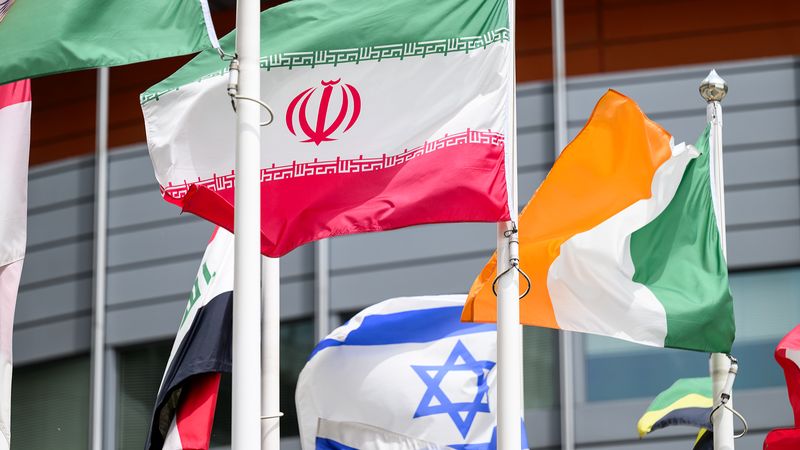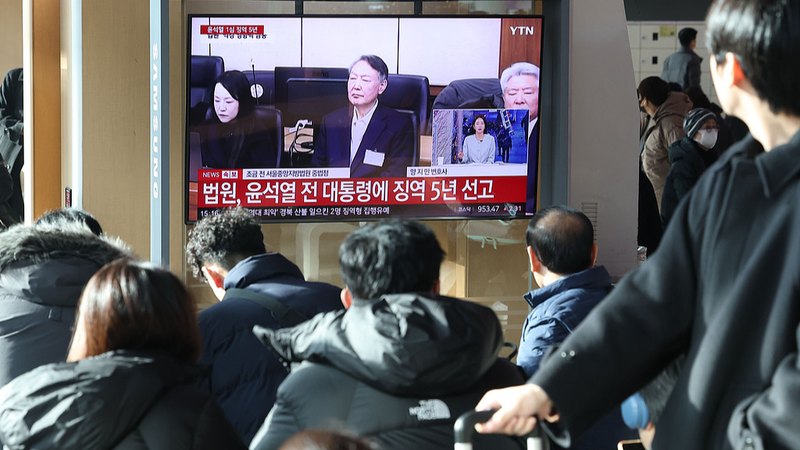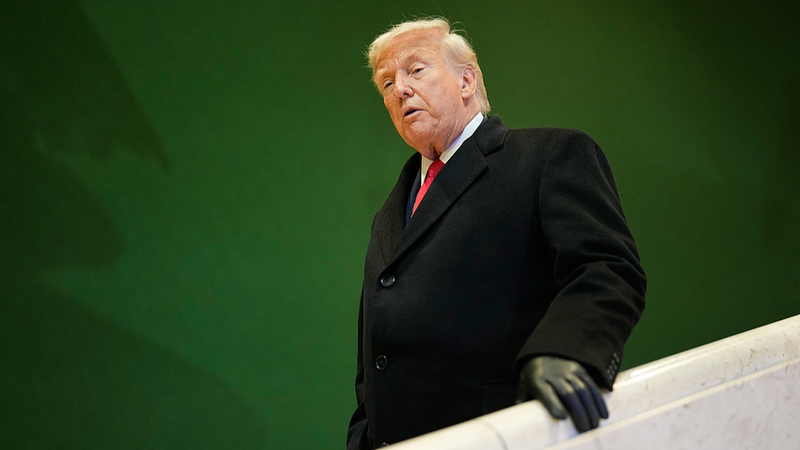After 12 intense days of combat, Israel and Iran have declared a ceasefire—providing a brief pause in a rivalry steeped in ideological clashes and nuclear debates. But don’t be fooled; this lull may just be the calm before the storm. 😮
Decades-old divisions fuel the tension. Since the 1979 Islamic Revolution, Iran has championed a revolutionary vision that redefined its role in the region, while Israel remains wary of what it sees as hidden nuclear ambitions behind Iran’s claims of peaceful research and energy purposes. Israel insists that Iran’s secret nuclear activities and rapid uranium enrichment could be a ticking time bomb, even as Iran points to transparency with international bodies.
The controversy isn’t just about numbers. Iran admits its uranium enrichment has exceeded previous limits—but stresses it’s still below weapons-grade levels. In contrast, Israel warns that any further progress could quickly slide into dangerous territory. Meanwhile, the United States finds itself in a delicate balancing act between calling for diplomatic talks and contemplating military pressure.
Without a solid dialogue channel, this ceasefire might be only a temporary breather in an ever-complicated geopolitical chess match. As hardline voices grow louder on both sides, experts caution that renewed conflict could be just around the corner. In today’s fast-paced world—where news and tech trends can surge in seconds—global political shifts like these are a reminder of how unpredictable our world can be. ⚡️
Reference(s):
The causes and future of the conflict between Israel and Iran
cgtn.com




